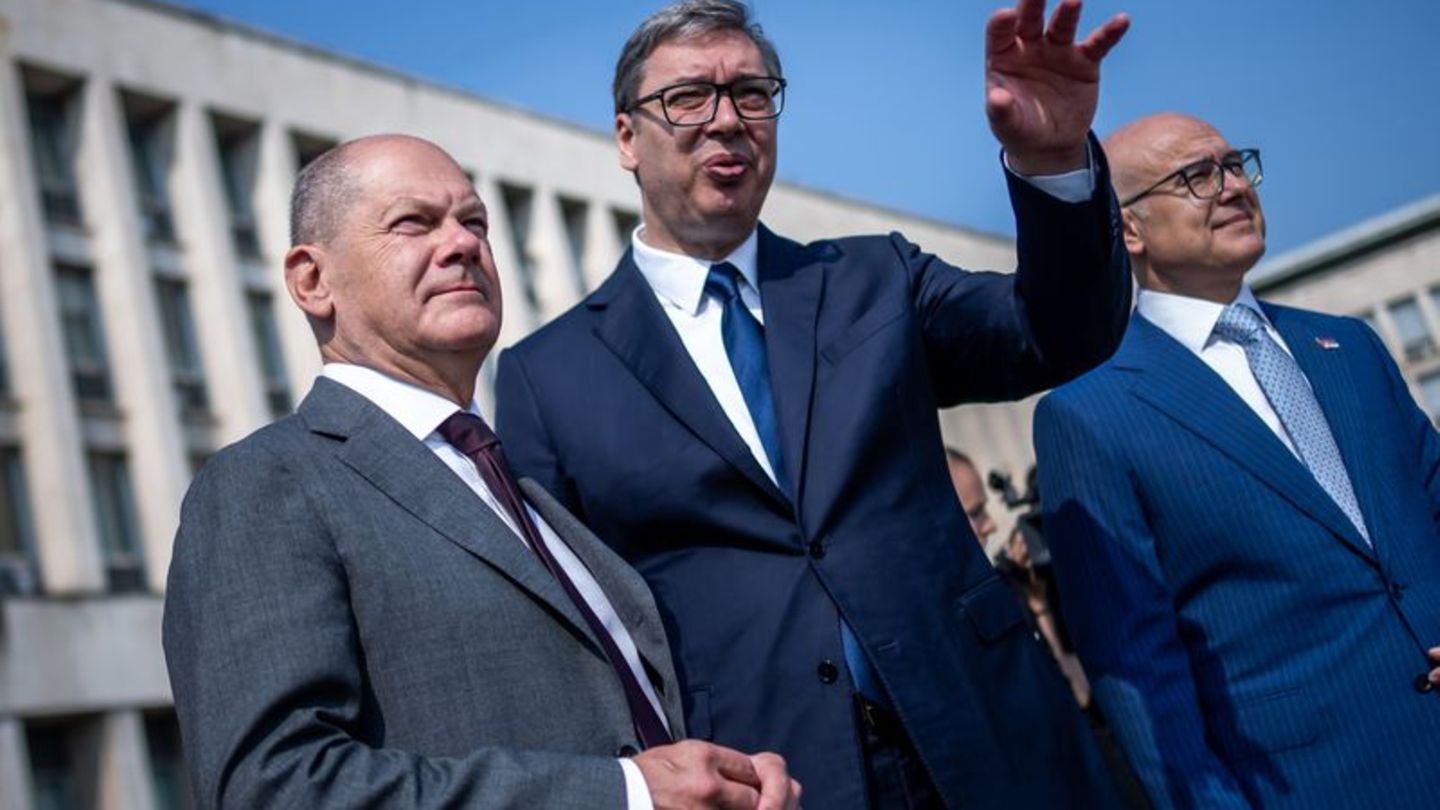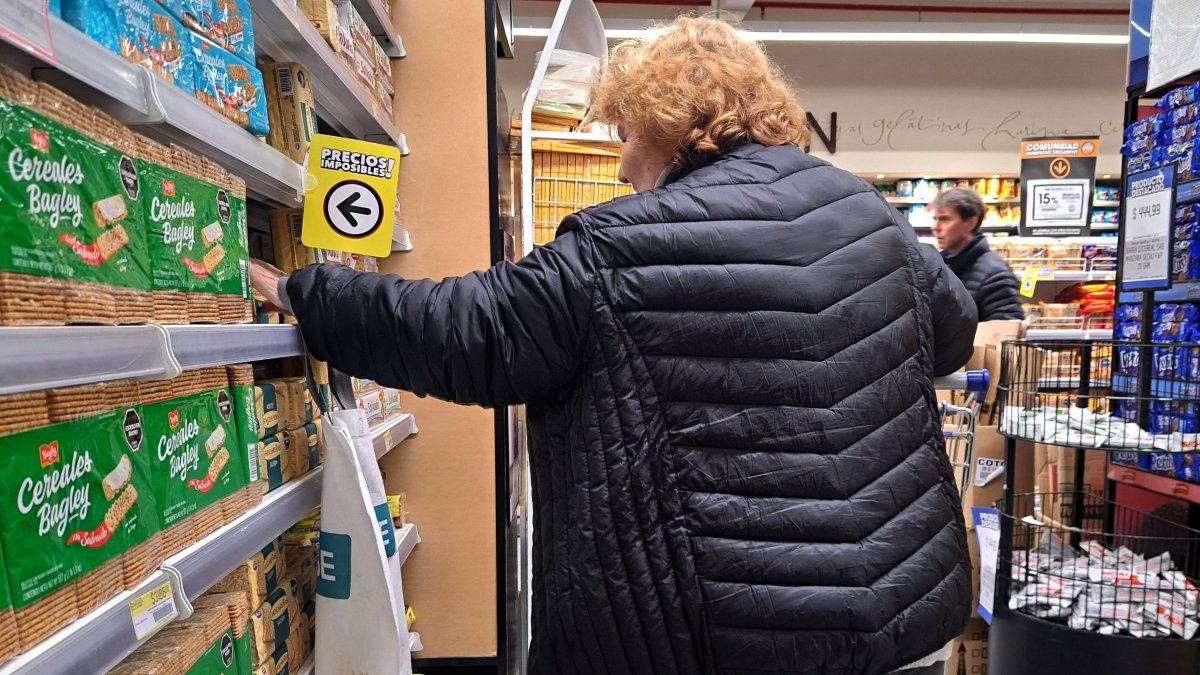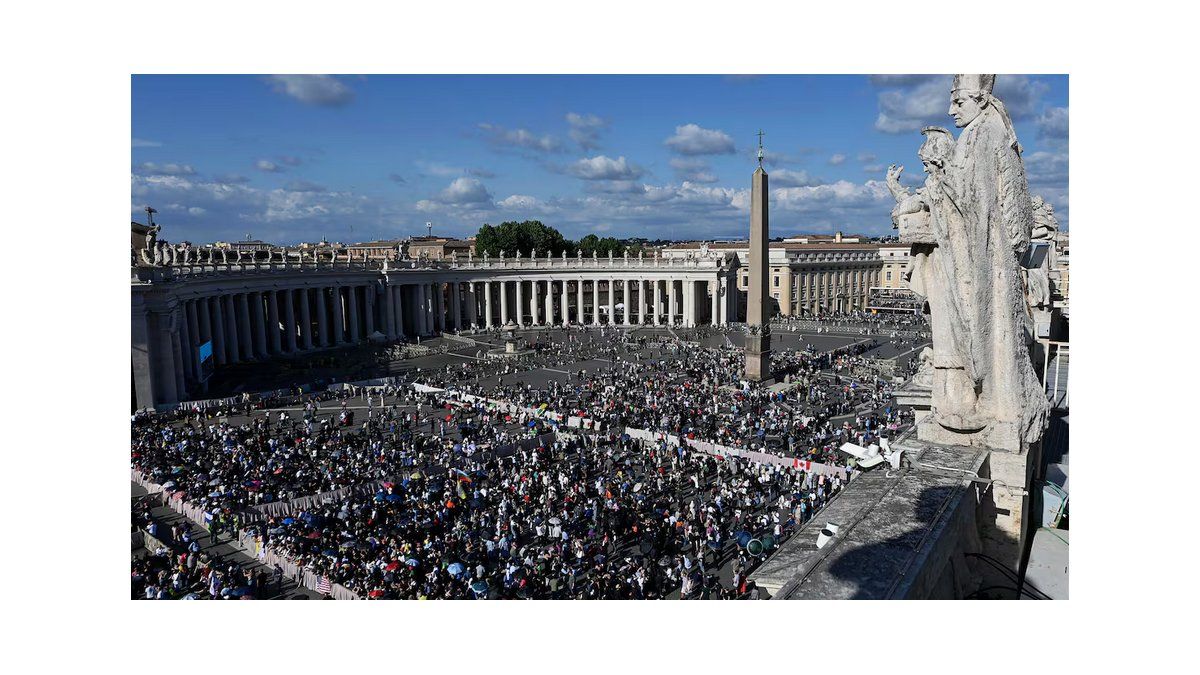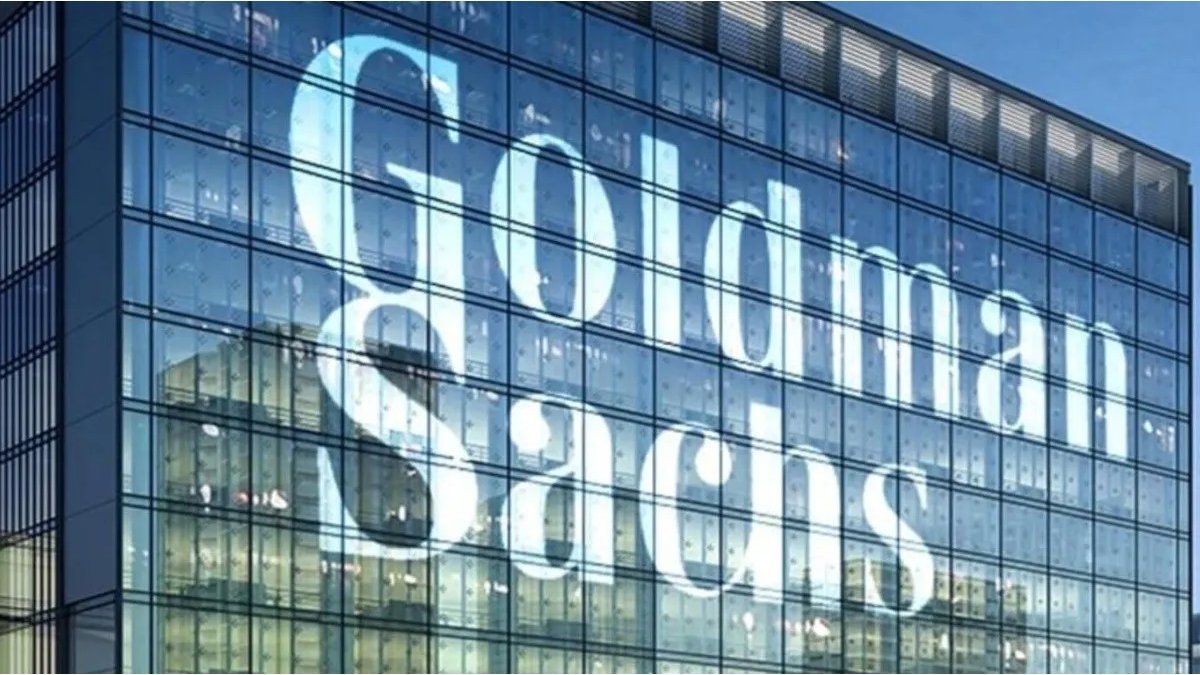For Serbia, it is about billions in revenue, for the EU it is about reducing dependence on China. But the extraction of one of the largest lithium deposits in Europe also has a downside.
In the presence of Federal Chancellor Olaf Scholz (SPD), the European Union and Serbia have concluded an agreement on the mining of lithium deposits worth several billion euros. Serbian President Aleksandar Vucic and Vice President of the EU Commission Maros Sefcovic also attended the signing ceremony in Belgrade on Friday. The declaration of intent is intended to enable environmentally friendly mining of the light metal, which is so important for the production of batteries for electric cars, in the Serbian Jadar Valley. One of the largest European reserves of the globally extremely scarce and sought-after raw material lies dormant there.
There is a lot at stake for both sides in the raw materials agreement. The Serbian government’s goal is to build a value chain for electromobility, from the extraction of raw materials to battery production. This means state revenue, investments and jobs, but also greater proximity to the EU for the accession candidate Serbia.
Germany and the EU want to use the project to reduce dependence on China. The world’s second-largest economy controls a large part of the mining and processing of lithium worldwide. China had also tried to mine lithium in Serbia, and President Xi Jinping was in Belgrade in May. The fact that the Europeans have now prevailed is being celebrated by the German side as a great success, which could perhaps also have an impact on other raw material projects.
However, the project is highly controversial. Environmentalists criticize, among other things, that lithium mining pollutes the groundwater with heavy metals and therefore poses a threat to the drinking water supply of local residents. There are also concerns about the rule of law. The Serbian government had only cleared the way for the project a few days ago. It cited a ruling by the Constitutional Court shortly before, which reversed a halt to the lithium project in 2022. However, critics of the project doubt the independence of the court.
Source: Stern




